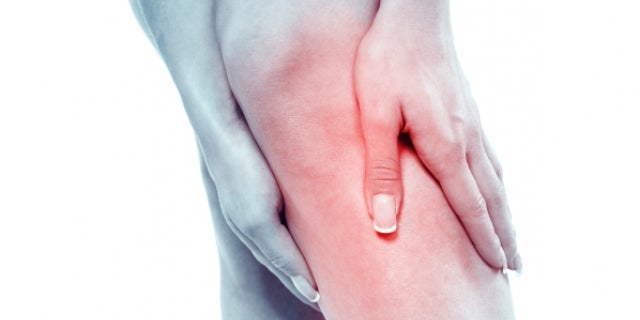Varicose Veins are enlarged, gnarled veins that often appear blue, flesh-colored, or red. They often appear tangled and for some, they are simply a cosmetic concern, while they can cause pain for others. Chances are you probably know someone who has dealt with varicose veins, as more than 40 million Americans have them.
Typically, varicose veins do not cause any pain. However, some symptoms include achy, heavy feeling in the legs, burning, throbbing, muscle cramping and swelling in the lower legs, pain after standing for long periods of time, and itching around the veins. Another symptom can be skin ulcers near the ankle, which should require medical attention as that indicates that you may have a serious form of vascular disease.
There are many causes of varicose veins, some include:
- Age: Veins can lose elasticity as you age, which causes them to stretch. Weakened valves in the veins allow blood to move backward, rather than flowing to the heart. Blood pools in the veins which causes them to enlarge and become varicose.
- Pregnancy: Sometimes pregnancy causes varicose veins because pregnancy causes the volume of blood to increase in the body, but decreases the flow of blood from the legs to the pelvis. This can cause enlarged veins in the legs. Changes in hormones can also cause varicose veins. They typically improve several veins after delivery.
- Deep Vein Thrombosis: many after having a deep vein thrombosis will develop chronic pain and swelling in the affected leg that may develop into varicose veins. The thrombus inflames and irritates the valves causing reflux which may develop enlargement of veins.
Some risk factors for varicose veins are age, sex, family history, obesity, and standing or sitting for long periods of time. Women are more likely to develop the condition, and if a family member has varicose veins, the risk increases as well. If you are overweight, the veins can be strained as well.
Ulcers and blood clots may be a complication of varicose veins, but these are rare. Talk to your doctor about your individual risks.
If you have a concern about varicose veins, contact the Oklahoma Heart Institute Center for the Treatment of Venous Disease, treating patients with peripheral venous disease including varicose veins, deep vein thrombosis and venous insufficiency. To schedule an appointment, please call 918-592-0999 or click here.

